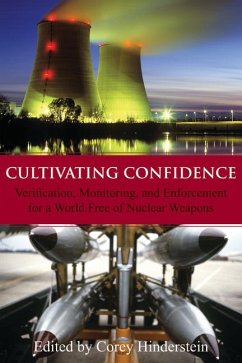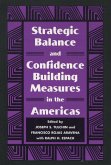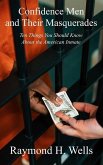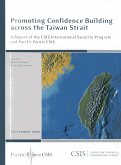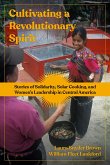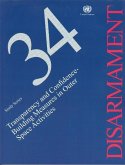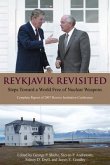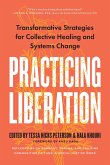In 2007, former secretaries of state George Shultz and Henry Kissinger, former secretary of defense William Perry, and former senator Sam Nunn launched the Nuclear Security Project (NSP)--a major initiative to galvanize global action to reduce urgent nuclear dangers and build support for reducing reliance on nuclear weapons, ultimately ending them as a threat to the world. The initiative began with a January 2007 Wall Street Journal op-ed, coauthored by the four, that linked a vision of a world free of nuclear weapons with urgent, concrete, and actionable steps designed to reduce nuclear dangers. Today the NSP is generating global momentum in support of that vision and those steps The Nuclear Threat Initiative (NTI) works in tandem with the Hoover Institution to coordinate the work of the principals and manage the project. Cultivating Confidence: Verification, Monitoring, and Enforcement for a World Free of Nuclear Weapons is one of several volumes under the project that offers guidelines for policy making that will ultimately reduce nuclear dangers throughout the world. Although important work has been done during the years to define major mileposts on the path to disarmament, a number of key areas--including verification--contain gaps in the conceptual framework and technical details. This study, which focuses on the key issues associated with verifying, monitoring, and enforcing, offers some possible solutions to these challenges. The book finds that we know how to do many of the things needed to verify and enforce a world free of nuclear weapons. Although many questions still need to be answered and an extensive research agenda carried out, it is gratifying to discover that the work of the past several decades has resulted in significant accomplishments with a direct bearing on our ability to envision and implement a credible verification regime on the path to, and in, a world free of nuclear weapons.
Hinweis: Dieser Artikel kann nur an eine deutsche Lieferadresse ausgeliefert werden.
Hinweis: Dieser Artikel kann nur an eine deutsche Lieferadresse ausgeliefert werden.

